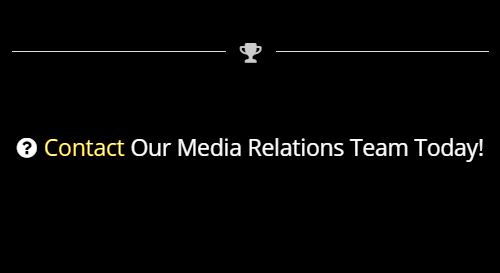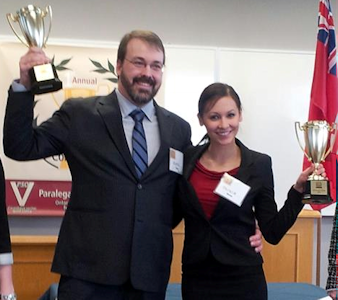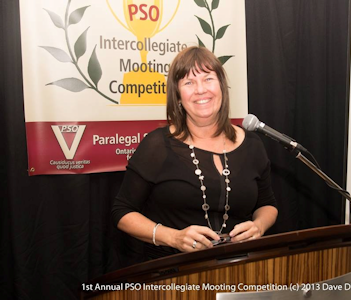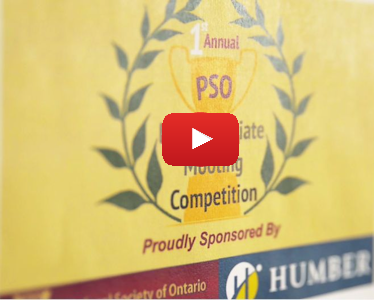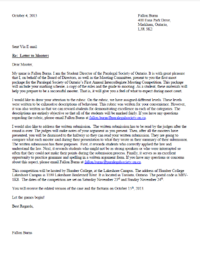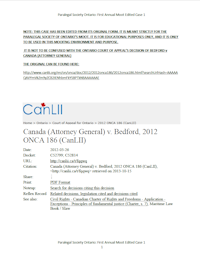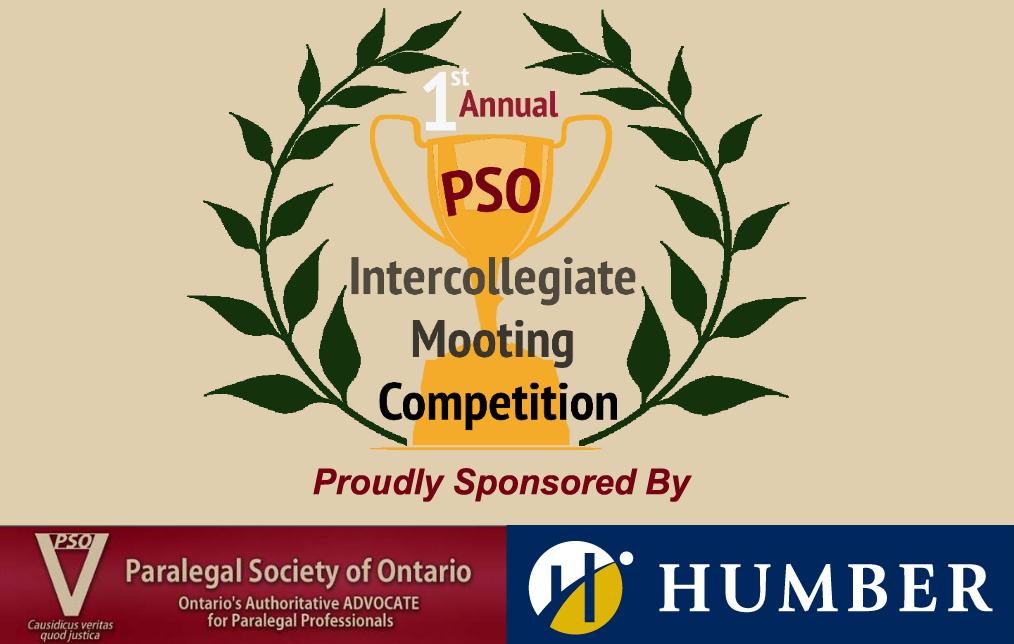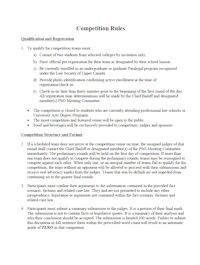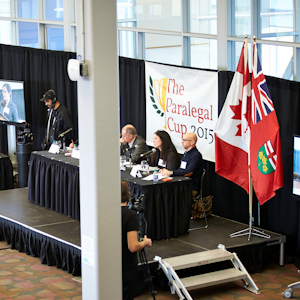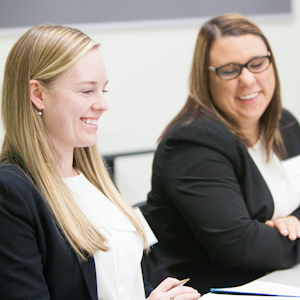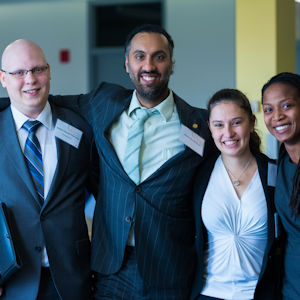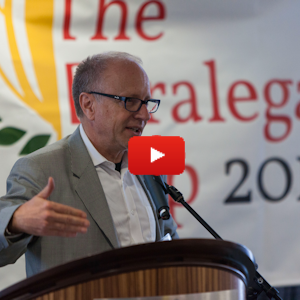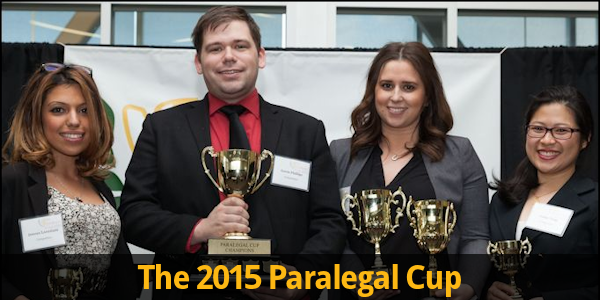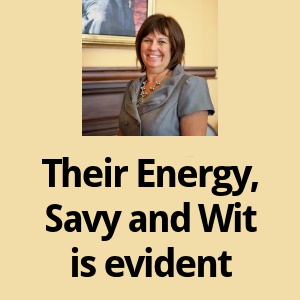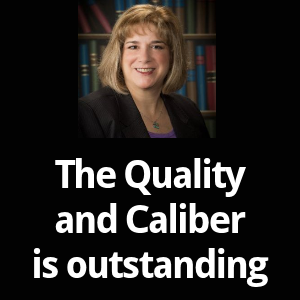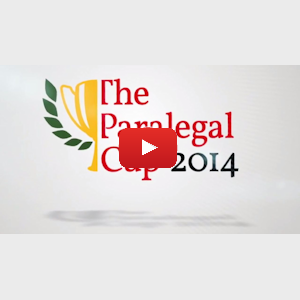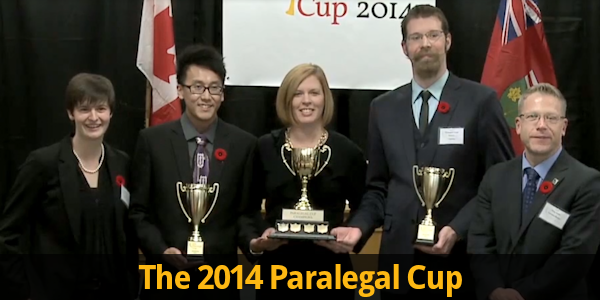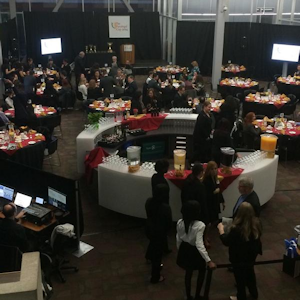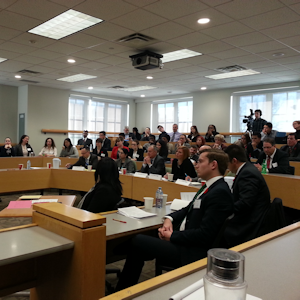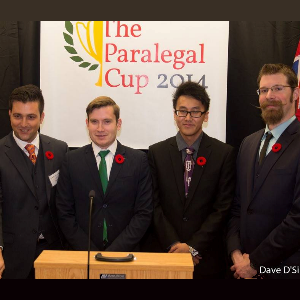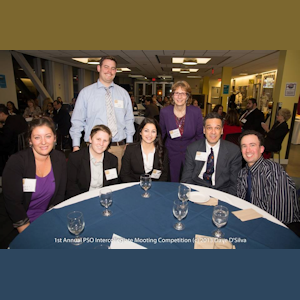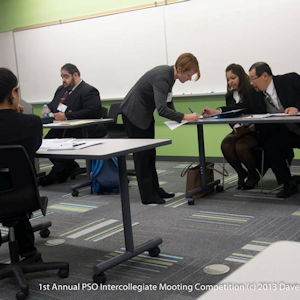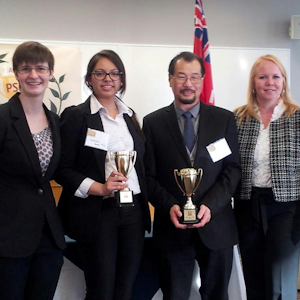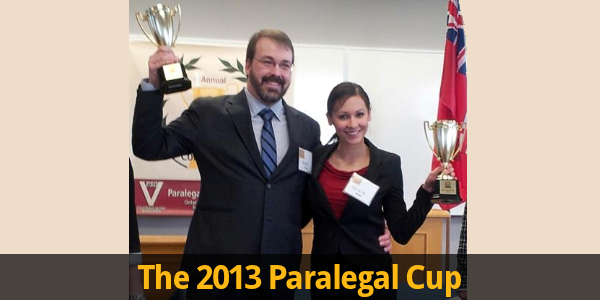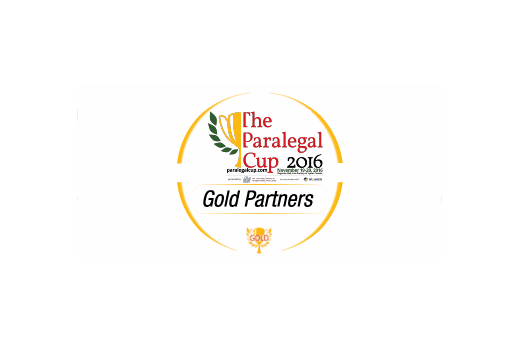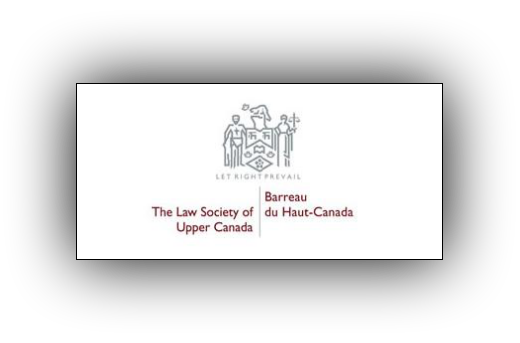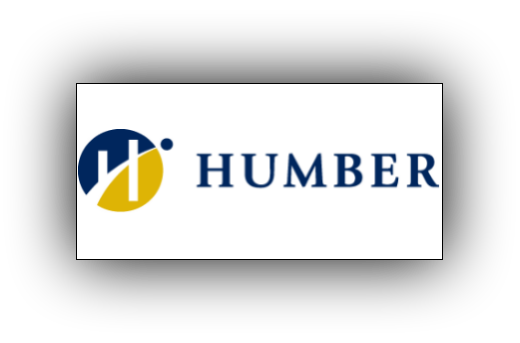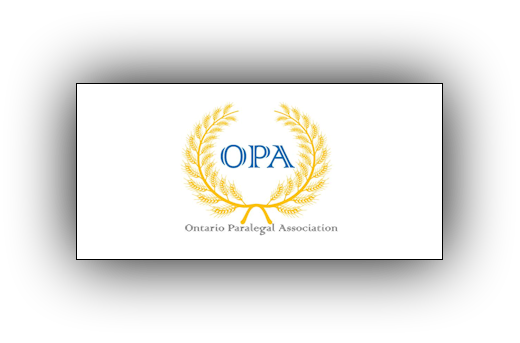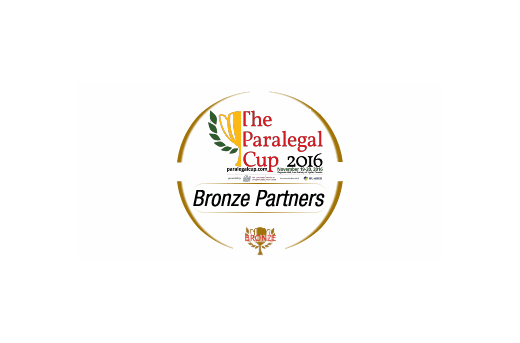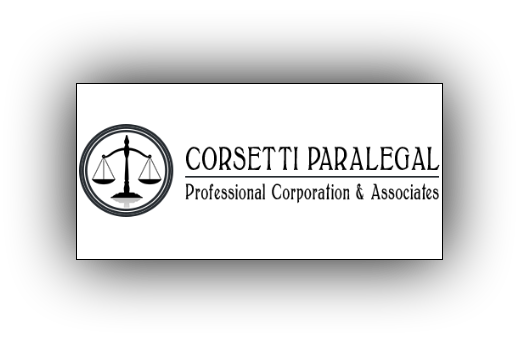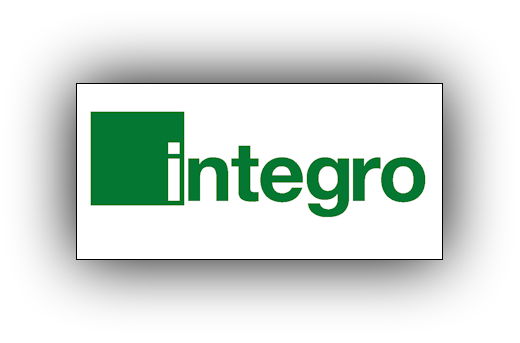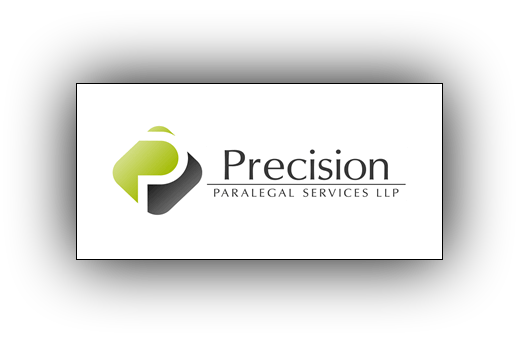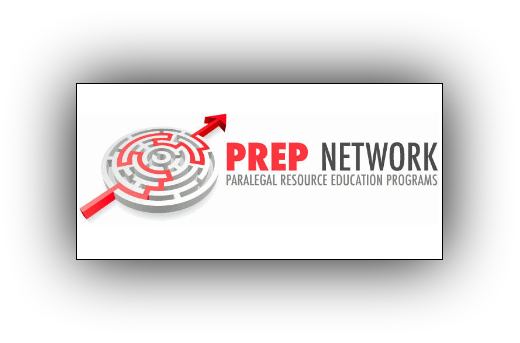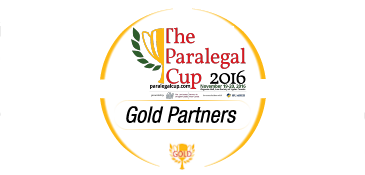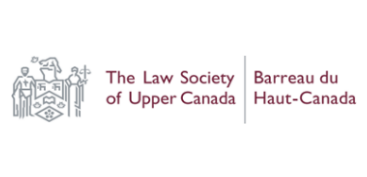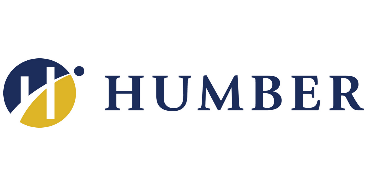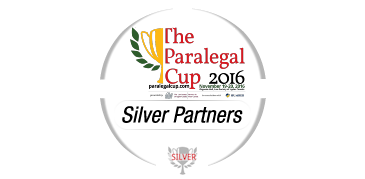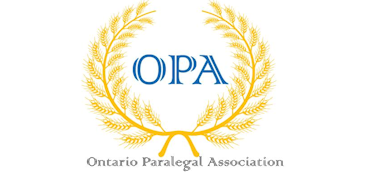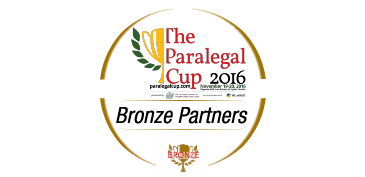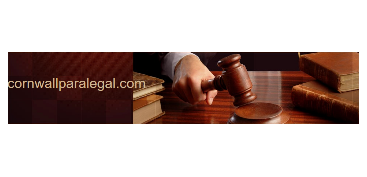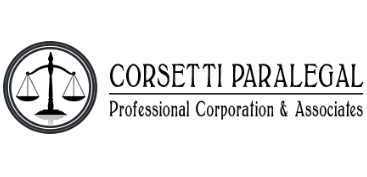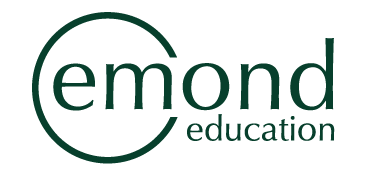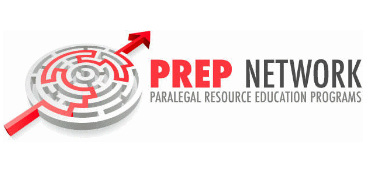 ABOUT THE PARALEGAL CUP
ABOUT THE PARALEGAL CUP
The Paralegal Cup is the only mooting competition in the world that is exclusive to Paralegal students enrolled in a Certificate or Diploma program. The competition strengthens student advocacy and critical thinking skills by focusing on oral and written advocacy, professionalism, and resiliency.
 CONTACT US
CONTACT US
- The Paralegal Cup
c/o: Madeline Williams, Paralegal Cup Coordinator
Humber College, Business School 3199 Lake Shore Blvd. W., Toronto, ON, M8V 1K8 - info@paralegalcup.ca
- EMAIL US for Our Phone Number
- http://www.paralegalcup.com
The 2013 Paralegal Cup
- About
- Participating Schools
- Presenting Partners
- Competition Location/Parking
- Competition Schedule
- Final Judging Panel
- Complete Judges' List
- Final Results
- Competition Highlights
Formal Dinner
Welcome to the
2013 Competition Resources
This section of our website is designed to provide the competitors and coaches with all the necessary components to register and compete in the 2013 Paralegal Cup.
If you have any questions, concerns, or require any clarification
or additional information, please CONTACT US
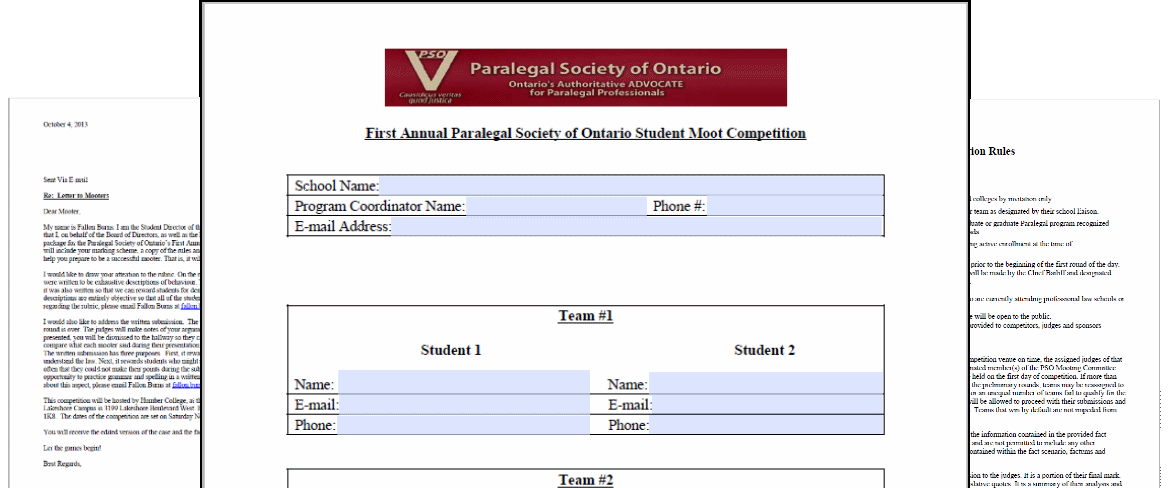
 Team Registration Package
Team Registration Package
Team Registration Package
Dear Mooter,
My name is Fallon Burns. I am the Student Director of the Paralegal Society of Ontario. It is with great pleasure that I, on behalf of the Board of Directors, as well as the Mooting Committee, present to you the first moot package for the Paralegal Society of Ontario’s First Annual Intercollegiate Mooting Competition.
 Moot Case
Moot Case
Modified 2013 Moot Case
Canada (Attorney General) v. Bedford , 2012 ONCA 186 --
The 2013 Paralegal Cup Moot case is a modified version of the Ontario Court of Appeal case, Canada (Attorney General) v. Bedford, 2012 ONCA 186
If you have any questions, concerns, or require any clarification or additional information, please CONTACT US
Please download the modified case and the defined scope of the issues for oral arguments.
If you have any questions, concerns, or require any clarification or additional information, please CONTACT US
 Competition Rules
Competition Rules
Official 2013 Competition Rules
Introduction --
The 2013 Paralegal Cup Official Rules are a living document. Please review the rules carefully to ensure a fair and stress-free competition.
All participants and coaches are expected to be familiar with the competition rules.
If you have any questions, concerns, or require any clarification or additional information, please CONTACT US
- To qualify for competition, teams must:
- Consist of two students from selected colleges by invitation only.
- Have official pre-registration for their team as designated by their school liaison.
- Be currently enrolled in an undergraduate or graduate Paralegal program recognized under the Law Society of Upper Canada.
- Provide photo identification confirming active enrollment at the time of registration/check-in.
- Check-in no later than thirty minutes prior to the beginning of the first round of the day. All registration time determinations will be made by the Chief Bailiff and designated member(s) PSO Mooting Committee.
- If a scheduled team does not arrive at the competition venue on time, the assigned judges of that round shall contact the Chief Bailiff or designated member(s) of the PSO Mooting Committee immediately. The preliminary rounds will be held on the first day of competition. If more than one team does not qualify to compete during the preliminary rounds, teams may be reassigned to compete against each other. When only one, or an unequal number of teams fail to qualify for the competition, the team without an opponent will be allowed to proceed with their submissions and receive oral advocacy marks from the judges. Teams that win by default are not impeded from continuing on to the quarter final rounds.
- Participants must confine their arguments to the information contained in the provided fact scenario, factums and related case law. They and are not permitted to include any other jurisprudence, legislation or arguments not contained within the fact scenario, factums and related case law.
- Participants must submit a summary submission to the judges. It is a portion of their final mark. The submission is not to contain facts or legislative quotes. It is a summary of their analysis and why their conclusion should be accepted. The submission is limited 500 words. Failure to submit this document in full sentence form within the prescribed word count will result to an automatic grade of ZERO in that component.
- Teams must be prepared to argue as both the Appellant and the Respondent. Every team will argue each side twice during the course of the preliminary rounds. The teams proceeding to the Quarter Final rounds will be announced following the preliminary rounds.
- Each round will last one hour and twenty minutes, consisting of ten minutes for Appellant submissions, followed by ten minutes for Respondent submissions, followed by ten minutes for the Appellant and a final ten minutes for the Respondent. Judges will deliberate while the competing teams and any spectators wait outside of the competition venue. The twenty additional minutes are provided so that the judges have time to mark the written submissions and provide feedback. Judges will not reveal who wins after any round. Feedback will be provided after all rounds. No numerical scores, including oralist scores, will be revealed after individual rounds.
- Time-keepers shall be responsible for timing and ensuring that each round is completed within the one hour spoken allotment.
- Judges shall be responsible for marking written submissions, speaker scores and argument scores.
- Both team members for each competing team must make submissions during each round. Each member will use one of the ten minute slots allotted to their team. Only one team member may speak during each ten minute allotment.
- Competitors may end their arguments before their ten minute allotment is reached, however, they may not continue beyond ten minutes unless they have requested and received permission at the discretion of the judge or panel of judges. Individual time extensions may be granted to a maximum of two minutes.
- No oral communication should take place between teammates while their opposing team is making their submissions. Any overly distracting or inappropriate conduct on the part of a participant during rounds may impact that individual’s oralist score under Professionalism. Serious and ongoing inappropriate conduct could lead to a forfeit and early termination of the round. Scoring, determination of the appropriateness of a competitor’s conduct and forfeiture is made at the discretion of the presiding judge or panel, in concurrence with the Chief Bailiff and PSO Mooting Committee.
- The teams participating in the Quarter Final rounds will be selected based on the highest number of points earned under the Marking Scheme.
- The teams proceeding to the Quarter Final rounds will be announced following the preliminary rounds, at which time teams will select which side of the case they will be arguing. The higherranking team will be permitted to choose which side of the matter they will argue for the Quarter Finals. If the higher ranking team is not present, they will have forfeited the option of choosing which side of the matter they will argue for the Quarter Finals and by default, their opposing team will be permitted to make the decision.
- Following the Quarter Finals, teams will be assigned to argue the opposite side of the case from their previous round’s arguments. Where both teams would be assigned to the same side of the case, a coin toss will be used to determine assignments. The coin toss will be called by the team with the higher combined oralist scores from the preliminary rounds.
- The team proceeding to the Final Round that has the higher combined oralist scores from the preliminary rounds will choose which side of the case they will argue.
- The winning teams from the Quarter Final rounds will proceed to the Semi-Final rounds. The winning teams from the Semi-Final rounds will proceed to the Final Round.
- The winners of the Final Round are the winners of the PSO Mooting Competition.
- PSO Mooting oralists will be named based on the top five individual oralist scores as combined from the preliminary rounds.
2013 Paralegal Cup Mooting Competition Official Rules
Qualification and Registration
* The competition is closed to students who are currently attending professional law schools or University Arts Degree Programs.
* The moot competition and featured venue will be open to the public.
* Food and beverages will be exclusively provided to competitors, judges and sponsors.
Competition Structure and Format
Judging
- Judges will be selected by the PSO Mooting Committee and will be professional members of the judiciary from Canada, lawyers licensed by a Canadian law society, professors teaching law courses at a Canadian college or university, Canadian law students or other appropriate legal professionals from Canada as determined by the PSO Mooting Committee.
- Judges are not paid but the PSO Mooting Committee may convey standardized gifts of appreciation to all of the judges involved in the competition.
- The preliminary rounds will be judged by a minimum of one and a maximum of three judges. If more judges are sitting upon a Bench, the highest three scores will be taken.
- The Quarter and Semi Finals will be judged by panels consisting of five or seven judges, either of which may not consist of more than one or two judges currently affiliated with the finalist’s school, respectively.
- Any round with at least one team participating from the host college may only be presided over by a judge currently affiliated with the host college [ current or past faculty member or contract instructor (within two years) ], if at least two other judges who are not currently affiliated with the host college sit on the same panel.
- The Final Round will be judged by a panel of nine and shall not have more than two judges currently affiliated [ current or past faculty member or contract instructor (within two years) ] with the host college as members.
- During the preliminary rounds judges will (as a panel if more than one judge is presiding) score each individual oralist using a score sheet provided by the PSO Mooting Committee based on: Argument Score, Professionalism Score, Speaking Score and Written Submission.
- The PSO Mooting Committee will provide judges with general instructions and all required materials including score sheets and envelopes before the competition. They will be given a brief training session the morning before the preliminary rounds.
- The PSO Mooting competition’s Chief Bailiff shall be the PSO Student Director, unless otherwise delegated by the PSO Executive Committee. The Chief Bailiff shall be the chair of the PSO Mooting Committee. The Chief Bailiff is responsible for the maintenance and disclosure of the competition’s Official Rules, to participants and judges and for monitoring general adherence.
Fair & Collegial Conduct
- Participants must not take any deliberate steps to attempt to influence the results of a competition round in any way other than through fair competition during the round itself. Any attempts to improperly interfere with an opposing team may lead to forfeiture of the round at the discretion of the judge or panel, and/or disqualification from the tournament at the discretion of the Chief Bailiff in consultation with the PSO Mooting Committee, PSO Executive Committee, the Organizing Committee and judges involved.
- All persons involved in the PSO Mooting Competition must conduct themselves in a manner consistent with reasonable, general ideas of fairness, integrity and collegiality at all times. The Chief Bailiff and PSO Mooting Committee will remove any participants who disrupt the event in contravention of this rule, with no refund given.
General Provisions
These rules are subject to change at any time, with or without notice, by the PSO Mooting Committee or the PSO Executive Committee or designated representative(s). They are intended to lay out the general procedure of the PSO Mooting Competition as well as to set a standard to which all participants must adhere at all times. The PSO Mooting Committee or the PSO Executive Committee may, in its sole discretion, make such exceptions as it may deem to be necessary to the Rules in order to ensure that the tournament proceeds successfully. In any situation where an unexpected set of circumstances leads to uncertainty about how an aspect of the tournament should proceed, the Chief Bailiff and PSO Mooting Committee will make a final decision on how to proceed.



